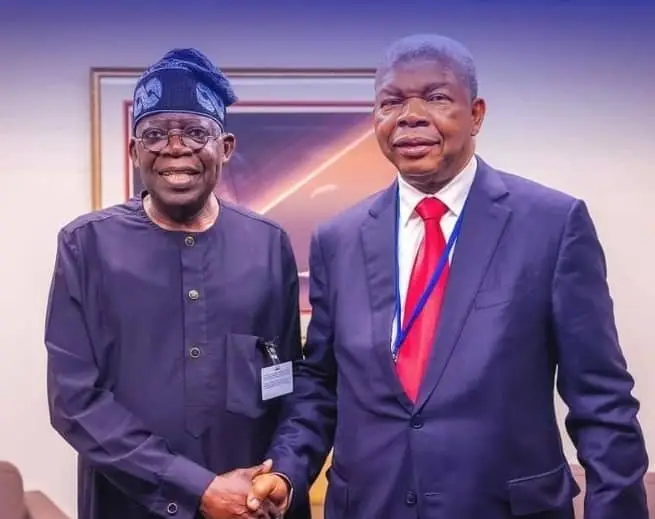BY JENNIFER EZIMAKOR
Angola and Nigeria are preparing to relaunch a long-dormant bilateral joint commission as both countries seek to boost investment, job creation and private sector engagement.
The fifth Meeting of the Angola-Nigeria Bilateral Joint Commission will be held on September 9 in Luanda, where delegations will review more than 20 existing Cooperation Agreements and Memoranda of Understanding (MoUs).
In a statement issued on Monday in Abuja, Angola’s Ambassador to Nigeria, José Zau, said the updated agreements will serve as legal frameworks guiding political, economic and diplomatic cooperation between both countries.
“Key areas of focus include defense and security, cyber and digital diplomacy, economy and trade, and the judiciary. Other sectors to be covered are culture, air and maritime transport, telecommunications and media, tourism, and visa exemption,” Zau said.
He described the meeting as a turning point in bilateral relations, noting that the commission’s work had stalled since 2001. According to him, discussions will also touch on free trade, visa exemptions, double taxation, extradition, and maritime security in the Gulf of Guinea.
The ambassador highlighted energy, agribusiness, tourism, information technology, innovation and the blue economy as sectors expected to drive youth employment and strengthen private sector ties.
The Luanda meeting will be led by Angola’s Secretary of State for International Cooperation, Domingos Lopes, and Nigeria’s Minister of State for Foreign Affairs, Ambassador Bianca Odumegwu-Ojukwu. Two twinning agreements will also be formalised between the Angolan provinces of Bengo and Namibe and the Nigerian states of Nasarawa and Bayelsa.
Zau announced that the Angola Private Investment and Export Promotion Agency (AIPEX) and the Angola-Nigeria Business Council (ANBC) will reinforce collaboration to expand opportunities for private investors.
He expressed concern that trade between both countries has been underwhelming despite their potential, noting that Angola’s exports to Nigeria between 2020 and 2022 were valued at $5.6 million, while imports from Nigeria stood at $16.8 million, leaving Angola with an $11.2 million trade deficit.
Zau recalled Nigeria’s crucial role in supporting Angola’s independence in 1975, including financial assistance to its first post-independence government, and said both countries now have a chance to strengthen those historic ties.
“President Bola Tinubu, during my accreditation, reaffirmed Nigeria’s commitment to openness and to strengthening bilateral cooperation by harnessing the full potential of both countries,” he added.

